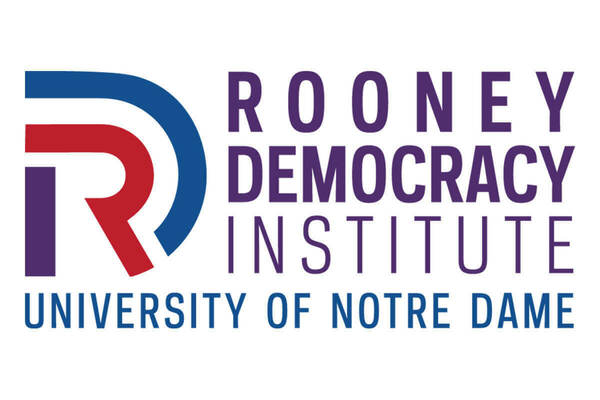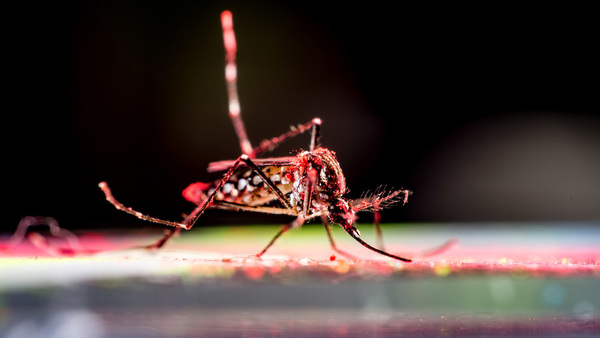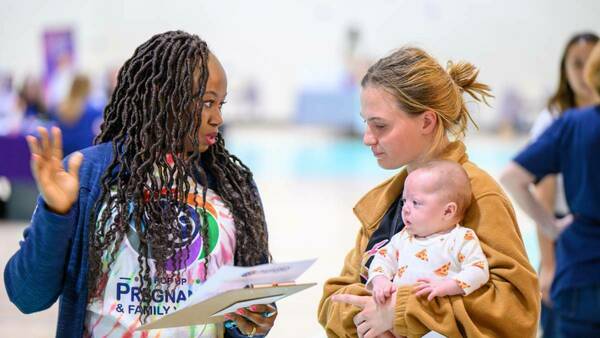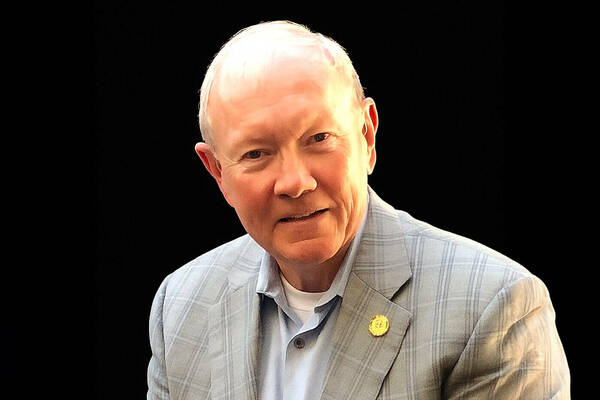Notre Dame to convene federal, state and nonprofit leaders to address national opioid crisis
Across the United States, the opioid epidemic has devastated communities as opioid-related deaths have skyrocketed. According to data from the National Vital Statistics System and the CDC Wonder Database, the opioid death rate rose by 2,473 percent between 1979 and 2022.
To hold drug manufacturers and distributors accountable for the rise in fatalities, states and local political subdivisions brought lawsuits against major pharmaceutical distributors, manufacturers and pharmacy chains, reaching settlements that total nearly $50 billion to date.
The National Opioids Settlement and other settlement agreements have created a sense of hope for families and communities affected by the opioid crisis and provided a profound opportunity for states across the nation to begin to repair the damage the epidemic has wrought.
On Aug. 5-6, the University of Notre Dame will convene A Pathway to Hope: Summit on the National Opioids Settlement to bring together elected officials, academic researchers and other federal, state and nonprofit organization leaders from across the country to discuss and develop evidence-based strategies to most effectively distribute the opioid lawsuit settlement funds. The summit’s presentations will focus on framing the overall opioid crisis, its impact on communities and families, and potential solutions backed by evidence. The goal is to find ways to maximize the funds’ impact on the families and communities affected by the opioid crisis.
Led by Notre Dame’s Poverty Initiative, the summit will explore how evidence-based practices can inform decisions and ensure that settlement funds best help the victims.
“A primary goal of the Poverty Initiative, which launched last fall, is to bring faculty together with policymakers, philanthropists and providers to discover new pathways to break the cycle of poverty,” said economics professor Jim Sullivan, who also serves as the director of the Poverty Initiative and the Wilson Sheehan Lab for Economic Opportunities.
“The Pathway to Hope Summit embodies that mission as the University will convene some of the nation’s leading experts to find solutions to the opioid crisis that has afflicted families all across this country.”
Sullivan and his team expect one unique outcome of the summit to be a co-created research agenda led by Notre Dame faculty to work with people on the frontlines to ensure the approaches are accurate, scalable and effective.
The Pathway to Hope Summit is an invitation-only event. More information is available at pathwaytohope.nd.edu.
Contact: Sue Ryan, Executive Director of Media Relations, sue.ryan@nd.edu; 269-377-5983
Tracy DeStazio, Associate Director of Media Relations, tdestazi@nd.edu; 269-769-8804
Brandi Wampler, Associate Director of Media Relations, brandiwampler@nd.edu; 574-248-0428
Latest ND NewsWire
- Notre Dame to award 2026 Evangelium Vitae Medal to Wm. David Solomon, founding director of the de Nicola Center for Ethics and CultureThe de Nicola Center for Ethics and Culture at the University of Notre Dame announced that the late Wm. David Solomon, associate professor of philosophy emeritus and founding director of the center, has been named the recipient of the 15th annual Notre Dame Evangelium Vitae Medal, the nation’s most important award for heroes of the pro-life movement. The medal will be presented to Solomon’s family at a special Mass and dinner May 1, 2026, at Notre Dame.
- Francis and Kathleen Rooney make transformative gift for Notre Dame institute focused on democracy research and educationFrancis and Kathleen Rooney of Washington, D.C., and Naples, Florida, have made a gift to the University of Notre Dame to endow an institute in the College of Arts & Letters committed to the preservation of American democracy through research, teaching and public engagement. The Rooney Democracy Institute, formerly known as the Rooney Center for the Study of American Democracy, aims to advance Notre Dame’s role as a national and global leader in democracy scholarship and as a convener of bipartisan conversations about the future of democracy.
- Researchers deconstruct chikungunya outbreaks to improve prediction and vaccine developmentThe symptoms come on quickly — acute fever, followed by debilitating joint pain that can last for months. Though rarely fatal, the chikungunya virus, a mosquito-borne illness, can be particularly severe for high-risk individuals, including newborns and older adults. While the virus is common…
- Eck Institute investigator to strengthen postpartum care for Indiana mothersYenupini Joyce Adams, associate professor of the practice and maternal health lead for the Eck Institute for Global Health at the University of Notre Dame, is partnering with Beacon Health System to pilot a new, first-of-its-kind postpartum care model in the South Bend-Elkhart community.
- Gen. Martin Dempsey to speak at Notre Dame Forum event on ‘Hope, Global Stability and the Role of the United States’Gen. Martin Dempsey, the retired 18th chairman of the Joint Chiefs of Staff, will join University President Rev. Robert A. Dowd, C.S.C., for a fireside chat at 4 p.m. Friday (Oct. 10), as part of the 2025-26 Notre Dame Forum. The discussion, titled “Hope, Global Stability and the Role of the United States,” is part of the exploration of this year’s Notre Dame Forum theme, “Cultivating Hope.” It will take place in Rooms 215/216 of McKenna Hall and will also be livestreamed. The event is free and open to the public.
- University of Notre Dame joins the Global Coalition of Ukrainian StudiesThe University of Notre Dame has joined the Global Coalition of Ukrainian Studies after signing a memorandum of cooperation, formalized Sept. 24, at the Ukrainian Institute of America in New York City. Notre Dame joined four other American institutions that were also publicly welcomed to the coalition at this event: Arizona State University, Columbia University, Manor College and the Shevchenko Scientific Society.













